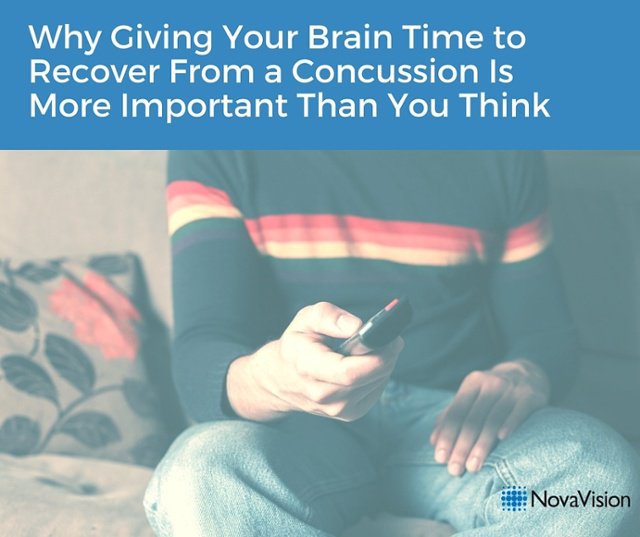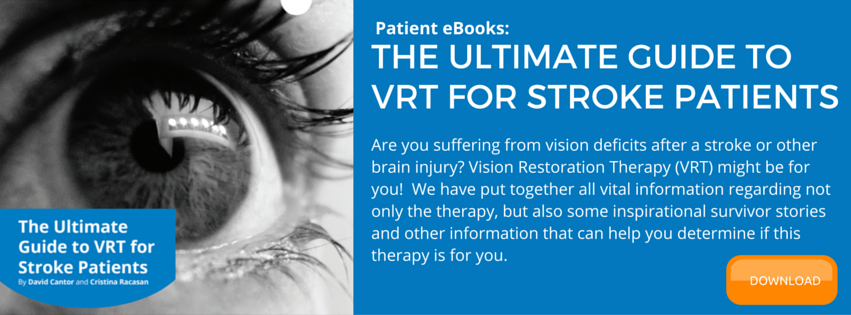 While professionals have speculated that cutting back on mental activity may reduce a patient’s recovery time after a concussion, a recent study has given us the data to back it up. The study which can be found here set out to determine the effect of cognitive activity level on duration of post-concussion symptoms. The results of the study found that increased cognitive activity is associated with longer recovery from concussion. This study supports the use of cognitive rest and adds to the current consensus opinion.
While professionals have speculated that cutting back on mental activity may reduce a patient’s recovery time after a concussion, a recent study has given us the data to back it up. The study which can be found here set out to determine the effect of cognitive activity level on duration of post-concussion symptoms. The results of the study found that increased cognitive activity is associated with longer recovery from concussion. This study supports the use of cognitive rest and adds to the current consensus opinion.
So what does this mean in layman’s terms? This most recent research has gathered enough data to demonstrate that giving your brain time to rest following a concussion will actually cut down on the time it takes to recover. At the conclusion of the study, nearly 50 percent of the participants who had not rested their minds took over 100 days to make a full recovery. On the other hand, most of the participants who cut back on brain activity recovered within the first 100 days. In fact, many participants in this group recovered within just a couple of months.
Why is Rest So Important?
The same way we all need sleep to feel rejuvenated in the morning, resting your brain is restorative and allows it to heal. Although the recommendation for those who have suffered a concussion has been rest and close monitoring of symptoms for many years now, patients often rest their bodies and neglect to rest their minds. Why does this happen?
This concept may be difficult to understand if you haven’t recovered from concussion and experienced the side effects first hand. Rest and relaxation may seem simple but it can be surprisingly difficult to calm your mind in a world where we are all so connected. True cognitive rest means turning off the TV, no working from home, refraining from video games, and perhaps most difficult of all putting down your smartphone.
How Much Rest is Enough Rest?
Unfortunately, there isn’t a one size fits all answer to this question. The number of days or potentially weeks that a victim of a recent concussion should stay away from work or school greatly varies depending on the individual and severity of their injuries.
According to Jack Nash Professor of Rehabilitation Medicine and associate director of the Department of Rehabilitation Medicine at the Mount Sinai School of Medicine, Wayne Gordon, PhD, the answer to that questions is simply “when you feel like yourself again”.
Another seemingly obvious way to tell if you or your loved one is ready to return to your daily routine is when you or the patient is no longer symptomatic. Once you are no longer feeling tired or fatigued, when your memory has fully returned and if you are no longer suffering from headaches, these are all signs that you are healing and may be able to return to work, school, sports, etc.
When it comes to recovering from a concussion, less really is more. Always remember to listen to your symptoms, take care of yourself, and rest the part of your body that truly needs to heal the most.



